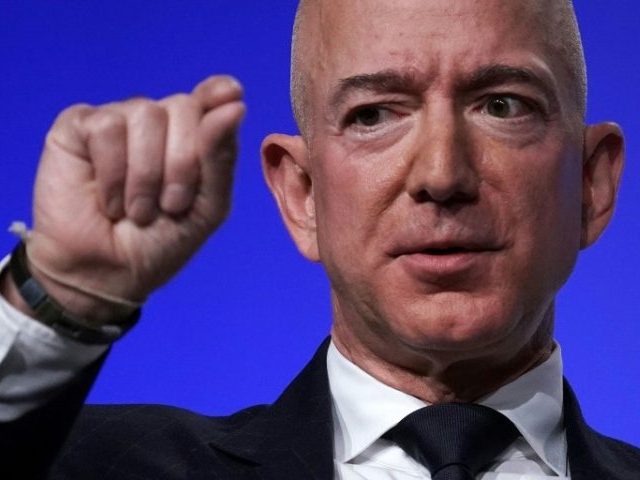In a recent article, Ars Technica notes that despite Amazon’s continuous growth and success, the company has done little to battle fake reviews across its platform.
In an article titled “Amazon Still Hasn’t Fixed its Problem With Bait-and-Switch Reviews,” Ars Technica outlines how e-commerce giant Amazon has failed to deal with the issue of fake and misleading reviews on its platform.
Ars Technica uses the example of a toy drone that the article author purchased around Christmas. The drone broke and the author took to Amazon to purchase a new one, sorting search results by “average customer review,” believing that this would show him the most high-quality toy drones.
Instead, he found a number of drones with extremely high star ratings that were filled with fake reviews. Many of the reviews were clearly not related to the product at all, with one drone review stating “If you’re looking to have a taste of Greece without making the journey, this honey does the trick,” and another stating that the drone was “dark, luxurious pine honey, not too sweet, absolutely fantastic with strained Greek yogurt and extra cream.”
Ars Technica reached out to Amazon about the issue and received a response from a spokesperson, stating: “We have clear guidelines about when products should be grouped together and we have guardrails in place to prevent products from being incorrectly grouped, either due to human error or abuse. The detail page in question has been fixed, and we are taking appropriate action on the bad actor.”
Ars Technica writes in their article:
Amazon could easily require sellers to provide some basic transparency about these listings—disclosing where these manufacturers are located, how long they’ve been in business, and which other brands they own. This might make it easier for Amazon to punish companies that try to mislead customers with fake reviews.
Major Internet companies often insist that policing their platforms for misinformation is a logistically insurmountable task. This argument has at least superficial plausibility for companies like Facebook and Twitter that have to deal with billions of pieces of content every week. But maintaining minimum standards for Amazon product listings shouldn’t be so difficult. Amazon isn’t just listing information on its website, it’s offering a product for sale and taking a cut of the sale price. In many cases it’s warehousing and shipping the physical products.
The resulting revenue should give Amazon ample resources to do basic vetting of product listings. Amazon probably can’t verify every claim in a product listing, but it shouldn’t be hard to detect when someone takes a listing for honey and converts it into a listing for a drone. If it can’t be done algorithmically, Amazon can and should hire enough human beings to review every significant change to product listings. It shouldn’t be possible for someone to change a listing for honey into a listing for a drone without anyone in Seattle noticing.
Read more at Ars Technica here.
Lucas Nolan is a reporter for Breitbart News covering issues of free speech and online censorship. Follow him on Twitter @LucasNolan or contact via secure email at the address lucasnolan@protonmail.com

COMMENTS
Please let us know if you're having issues with commenting.